
The 7 Best Moisturizers for Kids: Safe and Gentle Skincare
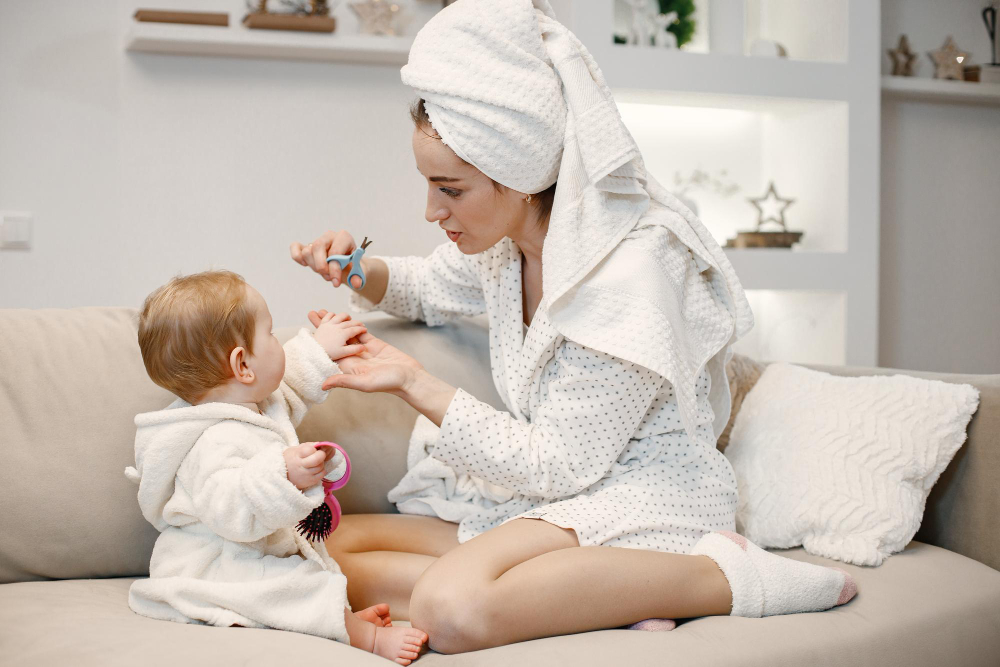
Children’s skin is delicate and requires special attention when it comes to skincare. Finding the right moisturizer can ensure their skin stays healthy and protected. This article will walk you through the 7 best moisturizers for kids, tailored to cater to their unique skincare needs.
7 Best Moisturizers for Kids
| Product Name | Skin Type | Key Ingredients | Free From | Price Range |
|---|---|---|---|---|
| Kinder Kare | All | Aloe Vera, Vitamin E | Fragrance, Parabens | $ |
| Little Dermis Soothe | Sensitive | Oatmeal, Chamomile | Dyes, Phthalates | $$ |
| Baby Bloom Hydration | Dry | Shea Butter, Hyaluronic Acid | Sulfates, Alcohol | $ |
| Soft Touch Junior | All | Glycerin, Coconut Oil | Silicones, Synthetic Fragrances | $$ |
| PureSkin Kiddo Lotion | Eczema-Prone | Calendula, Ceramides | Steroids, Gluten | $$$ |
| Happy Tot Daily | All | Sunflower Seed Oil, Vitamin B5 | Soy, Dairy | $ |
| EcoBabe Organic Cream | All | Cocoa Butter, Almond Oil | Mineral Oil, Animal By-products | $$ |
1. Kinder Kare – Best for Everyday use
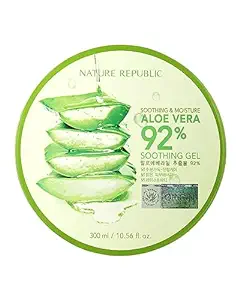
Kinder Kare is a versatile moisturizer suitable for all skin types. It’s enriched with aloe vera and vitamin E, providing gentle hydration and antioxidant protection.
Price Range: $
2. Little Dermis Soothe – Best for Sensitive Skin
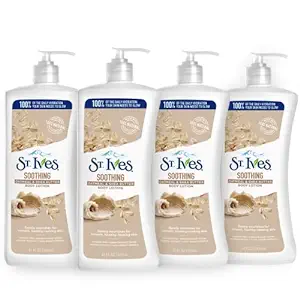
Little Dermis Soothe is specifically formulated for sensitive skin with natural oatmeal and chamomile to calm irritation and provide relief.
Price Range: $$
3. Baby Bloom Hydration – Best for Dry Skin
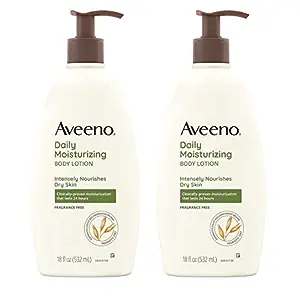
Baby Bloom Hydration addresses dry skin concerns with shea butter and hyaluronic acid, which intensely moisturize and help retain skin’s natural moisture.
Price Range: $
4. Soft Touch Junior – Best Lightweight Option
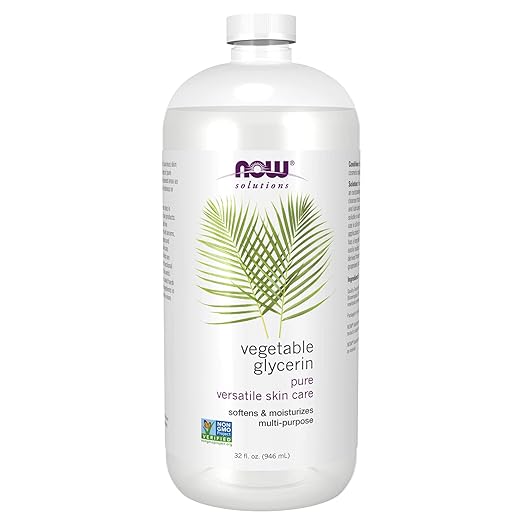
Soft Touch Junior is a lightweight moisturizer that’s perfect for kids who don’t like the feel of heavy creams. Glycerin and coconut oil offer hydration without the residue.
Price Range: $$
5. PureSkin Kiddo Lotion – Best for Eczema
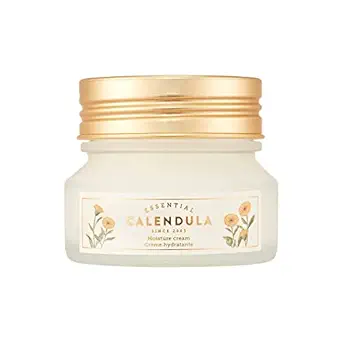
For kids struggling with eczema, PureSkin Kiddo Lotion provides a soothing effect with calendula and reinforces the skin barrier with ceramides.
Price Range: $$$
6. Happy Tot Daily – Best Budget-Friendly
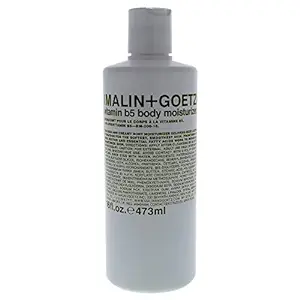
Happy Tot Daily is a wallet-friendly option that doesn’t skimp on quality. It includes sunflower seed oil and vitamin B5 to nourish and protect young skin.
Price Range: $
7. EcoBabe Organic Cream – Best Organic Option

EcoBabe Organic Cream is crafted with organic cocoa butter and almond oil, making it an ideal choice for parents looking for a natural and sustainable option.
Price Range: $$
Important Notes:
- “When choosing a moisturizer for your child, always opt for hypoallergenic and non-toxic formulas to minimize the risk of allergic reactions.”
- “Even though a product is labeled ‘for kids,’ it’s crucial to patch test before full application to ensure your child’s skin does not react negatively.”
- “It’s advisable to select moisturizers with minimal ingredients lists to avoid potential irritants commonly found in adult skincare products.”
Detailed Reviews
Kinder Kare – Best for Everyday Use
This gentle formula is perfect for everyday use, providing adequate hydration without any harsh chemicals. The presence of vitamin E alongside aloe vera not only moisturizes but also aids in healing small skin abrasions, common in active children.
Little Dermis Soothe – Best for Sensitive Skin
With its calming oatmeal and chamomile extract, Little Dermis Soothe is ideal for children with reactive or sensitive skin. It’s clinically tested to ensure it meets the needs of delicate skin without causing irritation.
Baby Bloom Hydration – Best for Dry Skin
Dry skin in children can lead to discomfort and itching. Baby Bloom Hydration tackles this with a rich blend of shea butter and hyaluronic acid, providing long-lasting moisture and improving skin texture over time.
Soft Touch Junior – Best Lightweight Option
Soft Touch Junior’s non-greasy formula absorbs quickly, making it a hassle-free option for both parents and kids. Coconut oil provides natural nourishment, while glycerin traps moisture to keep skin soft and supple.
PureSkin Kiddo Lotion – Best for Eczema
Eczema can be challenging to manage, but PureSkin Kiddo Lotion’s blend of calendula and ceramides offers relief by reducing inflammation and restoring the skin’s protective barrier, making
it a valuable tool for flare-up management.
Happy Tot Daily – Best Budget-Friendly
Happy Tot Daily proves that effective skincare doesn’t have to be expensive. It’s a no-frills moisturizer that gets the job done, suitable for all skin types and particularly great for families on a budget.
EcoBabe Organic Cream – Best Organic Option
For those preferring an organic route, EcoBabe Organic Cream is an excellent choice. Its formula is rich in natural oils that deeply moisturize without any synthetic additives, aligning with a green-conscious lifestyle.
Certainly! Here are some frequently asked questions about moisturizers for kids, designed to help guide parents in making informed decisions about their child’s skin health.
FAQs: Moisturizer for Kids
Q: Is it necessary for kids to use a moisturizer?
A: Yes, children’s skin can benefit from moisturizing to prevent dryness, especially in colder months or in dry climates. It can also help protect sensitive skin from irritation.
Q: What should I look for in a moisturizer for my child?
A: Look for moisturizers that are free from harsh chemicals, fragrances, and dyes. Ingredients like glycerin, hyaluronic acid, and natural oils are beneficial for maintaining skin hydration.
Q: Are there moisturizers for kids with eczema or extremely dry skin?
A: Yes, there are moisturizers specifically formulated for kids with eczema or dry skin conditions. They often contain ceramides, colloidal oatmeal, or aloe vera, which can help soothe and repair the skin barrier.
Q: How often should I apply moisturizer to my child’s skin?
A: Moisturizer should be applied at least once a day, ideally after a bath while the skin is still damp to lock in moisture. If your child has dry skin or a condition like eczema, you may need to moisturize their skin more frequently.
Q: Can I use my moisturizer on my child?
A: Adult moisturizers may contain ingredients that are too harsh for a child’s sensitive skin. It’s best to use products specifically formulated for children.
Q: What is the best way to test a new moisturizer on my child?
A: Perform a patch test by applying a small amount of the product to a limited area of your child’s skin and wait 24 hours to ensure there is no adverse reaction, such as redness, swelling, or itching.
Q: Can using a moisturizer help with my child’s itchy skin?
A: Yes, proper moisturizing can help alleviate itchiness associated with dry skin. Look for moisturizers with soothing ingredients like chamomile or calendula.
Q: Does my child need a different moisturizer for face and body?
A: It depends on your child’s skin. Some kids may be fine using a single gentle moisturizer for both face and body, while others with sensitive facial skin may require a separate, milder formulation.
Q: How can I get my child to use moisturizer regularly?
A: Make it a fun part of their daily routine. You can use moisturizers that come in fun packaging, involve them in choosing their moisturizer, or apply it together as part of a ‘mini-spa’ night.
Q: What should I do if my child has an allergic reaction to a moisturizer?
A: If an allergic reaction occurs, stop using the moisturizer immediately and wash the area with water. If the reaction is severe or doesn’t improve, consult a healthcare provider.
Q: Are there natural or organic moisturizers for kids?
A: Yes, there are natural and organic moisturizers available that use ingredients grown without synthetic fertilizers or pesticides, which can be a good option for kids with sensitive skin.
Q: Can sunscreen act as a moisturizer for my child?
A: Some sunscreens have moisturizing properties, but they should not replace a daily moisturizer unless they are specifically formulated to do both.
Q: What are the signs that a moisturizer is not suitable for my child?
A: Signs that a moisturizer may not be suitable include skin irritation, increased dryness, redness, or breakouts. If you notice any of these signs, discontinue use and consult a pediatrician or dermatologist.
Conclusion
Choosing the right moisturizer for your child means finding a balance between effective hydration and gentle care. The products listed here cater to a range of skin types and preferences, with a focus on safe and nurturing ingredients. Remember, every child’s skin is different, and what works for one may not work for another. It’s always best to consult with a pediatrician or dermatologist if you’re unsure about your child’s specific skincare needs.







